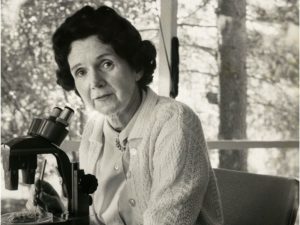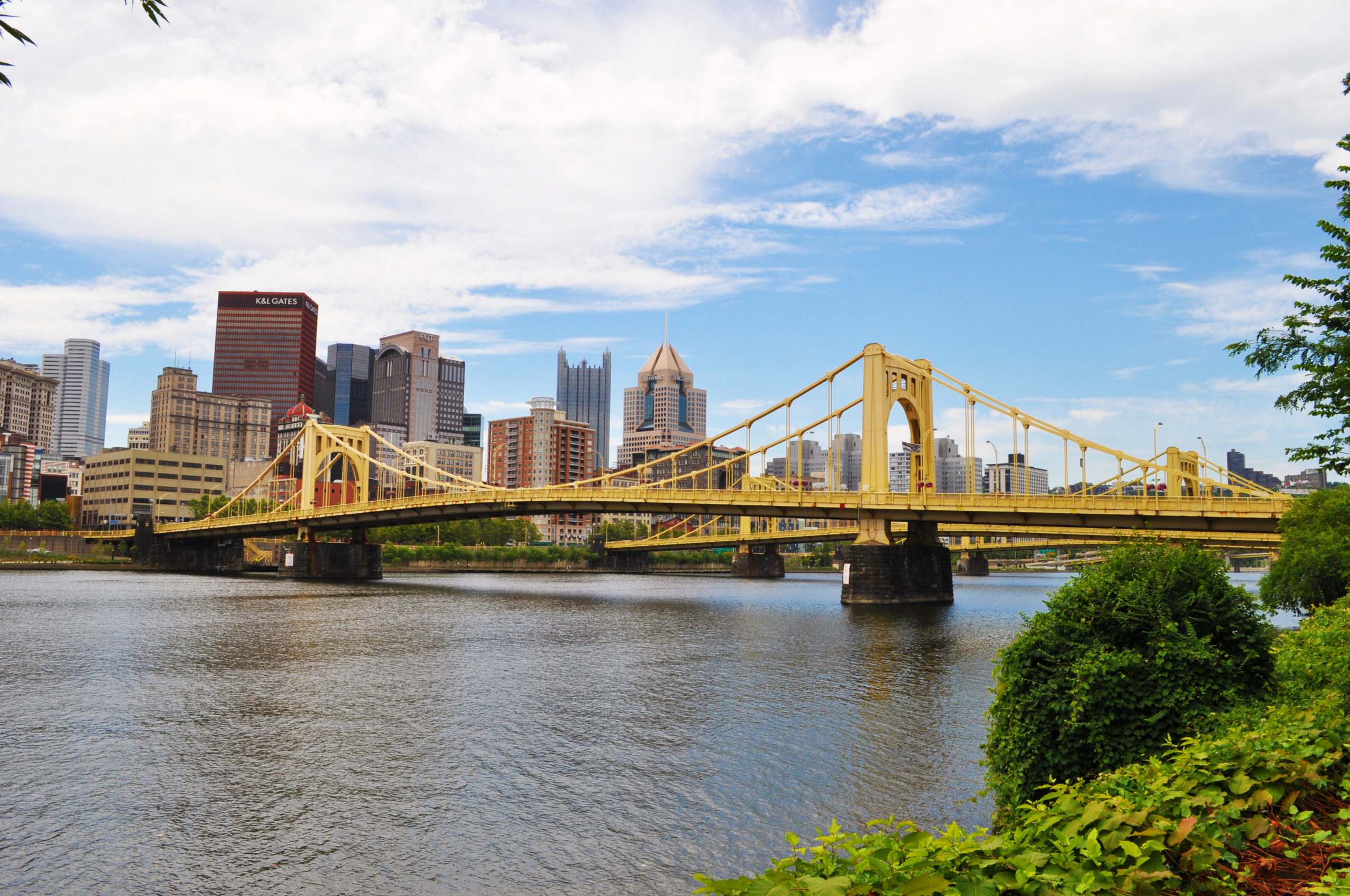Honoring Women In Science: Rachel Carson
International Women’s Day 2019-
Female scientists in medicine, chemistry, and more have often not received the recognition they deserve. In recognition of International Women’s Day 2019, we are honoring a great woman of science: Rachel Carson.
Who was Rachel Carson?
 Marine Biologist and nature writer Rachel Carson was born in 1907 in Springdale, Pennsylvania, just upstream from Pittsburgh. She is most famous for her book Silent Spring (1962) which warned of the dangers of the misuse of chemical pesticides such as DDT on our natural environment. She initiated the contemporary environmental movement.
Marine Biologist and nature writer Rachel Carson was born in 1907 in Springdale, Pennsylvania, just upstream from Pittsburgh. She is most famous for her book Silent Spring (1962) which warned of the dangers of the misuse of chemical pesticides such as DDT on our natural environment. She initiated the contemporary environmental movement.
Early Life
She became a marine scientist working for the US Fish and Wildlife Service in Washington, DC in the 1930’s. Her first book, Under the Sea-Wind (1941) was a gripping account of the interactions of a sea bird, a fish, and an eel, who shared the open seas. The Sea Around Us (1951) is noted as a biography of the sea. This was an international best-seller and elevated her as a trustworthy voice of science to the American public. Her third book The Edge of the Sea (1955) brought focus on ecosystems of the east coast from Maine to Florida.
However, it was her masterful work, Silent Spring, that started an international movement.
The Silent Spring Movement
The content of Silent Spring revealed the dangers of indiscriminate use of pesticides, which prompted changes in our laws affecting our air, soil and water. She presented the undisputed evidence that DDT interfered with the calcium metabolism in birds which caused thinning eggshells. Starting with insect exposure to DDT, which are consumed by small birds, then larger birds (or bioaccumulation), peregrine falcons, bald eagles, and osprey saw a decline in numbers. It inspired a generation of activists, and as a result, she is seen as one of the greatest nature writers of all time.
Carson is widely recognized as courageous for facing lawmakers and behemoths in the chemical industry, despite their ongoing efforts to label her as an irrelevant alarmist. Carson not only questioned the effect of organic chemical pesticides on humans and the environment from chemical exposure, but also prompted questioning of the roles our government and private sector play in the human domination of nature. She asked thought provoking questions about why humanity had the right to control the fate of nature, decide who lives or dies, and to poison human and non-human life. Silent Spring became the handbook for the future of life on Earth at that time.
Honoring Rachel Carson
In 1980, Carson was posthumously awarded the Presidential Medal of Freedom, the highest civilian honor in the United States. She was pictured on a 17 cent postage stamp in 1981 honoring her legacy.
The University of California, Santa Cruz, named one of it’s colleges after her in 2016, which was the first college at the University to be named for a woman.
 The Pennsylvania Department of Environmental Protection (DEP) named their headquarters in Harrisburg after Rachel Carson. Ironically the building is host to a family of falcons, whose activities are documented thanks to the departments widely popular “Falcon Cam.”
The Pennsylvania Department of Environmental Protection (DEP) named their headquarters in Harrisburg after Rachel Carson. Ironically the building is host to a family of falcons, whose activities are documented thanks to the departments widely popular “Falcon Cam.”
Downtown Pittsburgh boasts the 840 foot Rachel Carson Bridge over the Allegheny River, which was dedicated to her on Earth Day, April 22, 2006.
Children today can learn about Rachel Carson through many age appropriate books such as Rachel Carson and Her Book That Changed the World and Who Was Rachel Carson.
At Suburban Testing Labs, we honored her legacy by naming one of our two conference rooms after her, and you can often hear pages through the building about a meeting taking place in the “Rachel Carson Room.”
